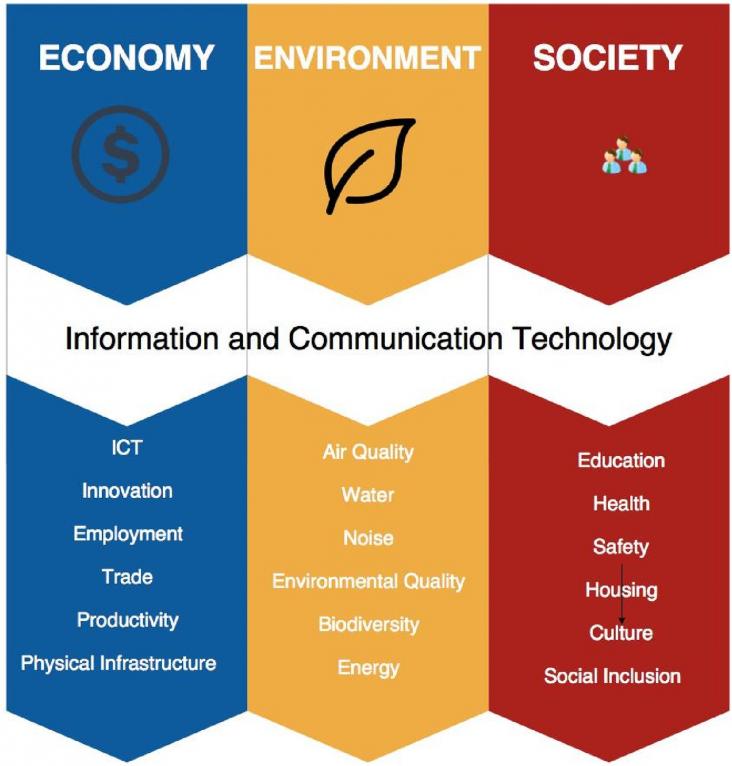
The pollution of the marine environment by solid wastes, either directly introduced into the sea or discharged into the oceans from rivers or pipelines, is considered from the perspective of both t
Emerging and Reemerging Viral Pathogens, Volume 1: Fundamental and Basic Virology Aspects of Human, Animal and Plant Pathogens, 2020, Pages 53-68

Design and Operation of Solid Oxide Fuel Cells: The Systems Engineering Vision for Industrial Application, Volume , 1 January 2019
Sustainable Urban Mobility Pathways: Policies, Institutions, and Coalitions for Low Carbon Transportation in Emerging Countries, 2019, Pages 23-63
Reference Module in Earth Systems and Environmental Sciences, Volume 4: Encyclopedia of Ecology (Second Edition), 2019, Pages 344-351

